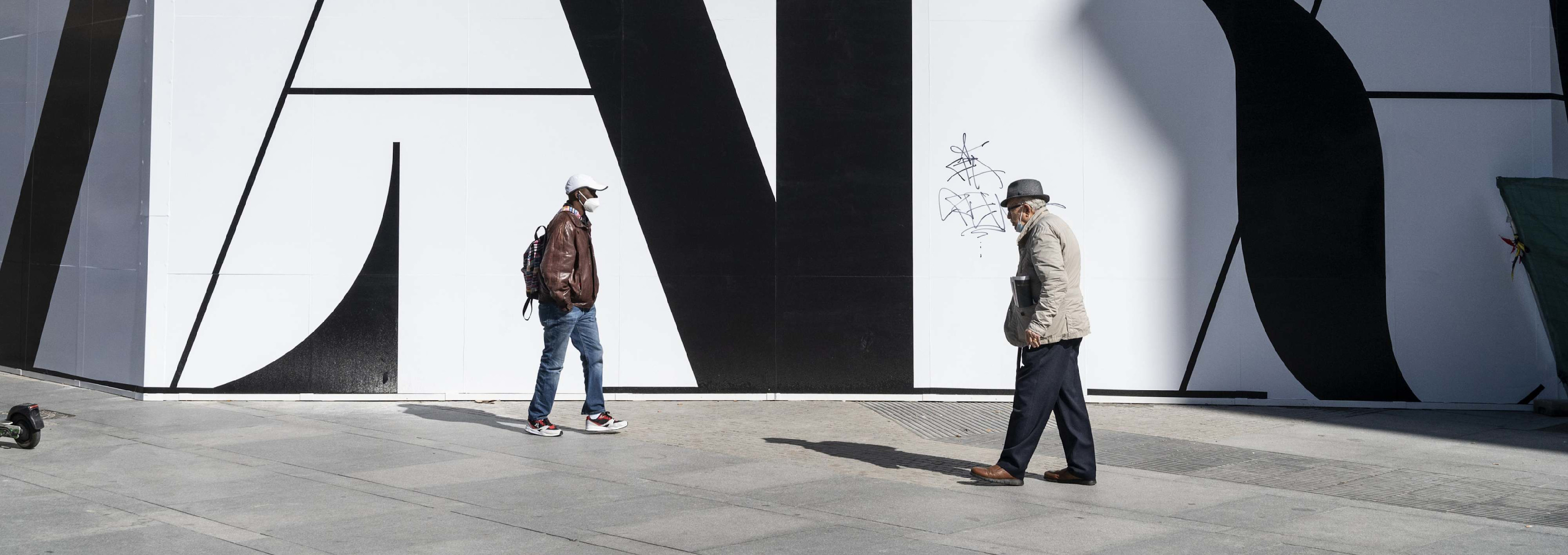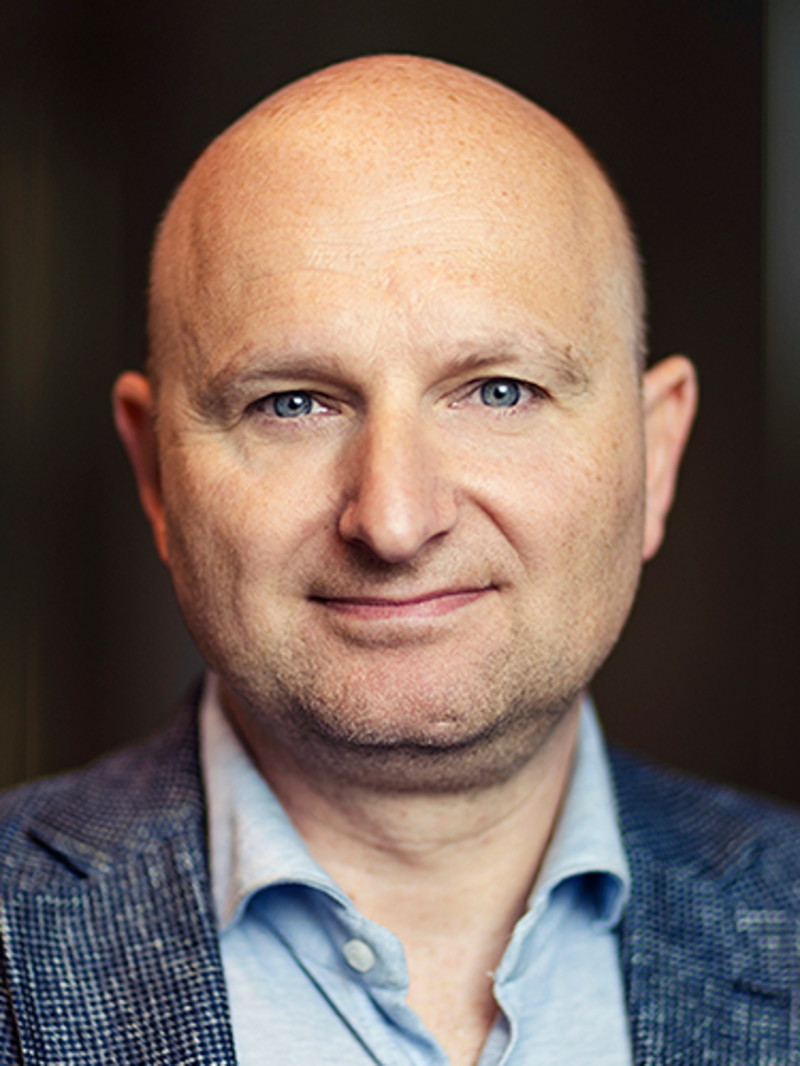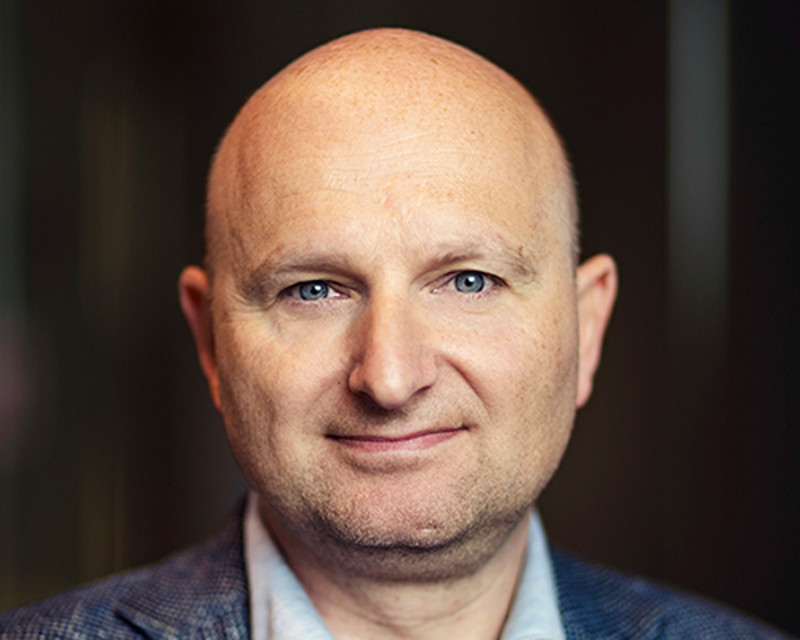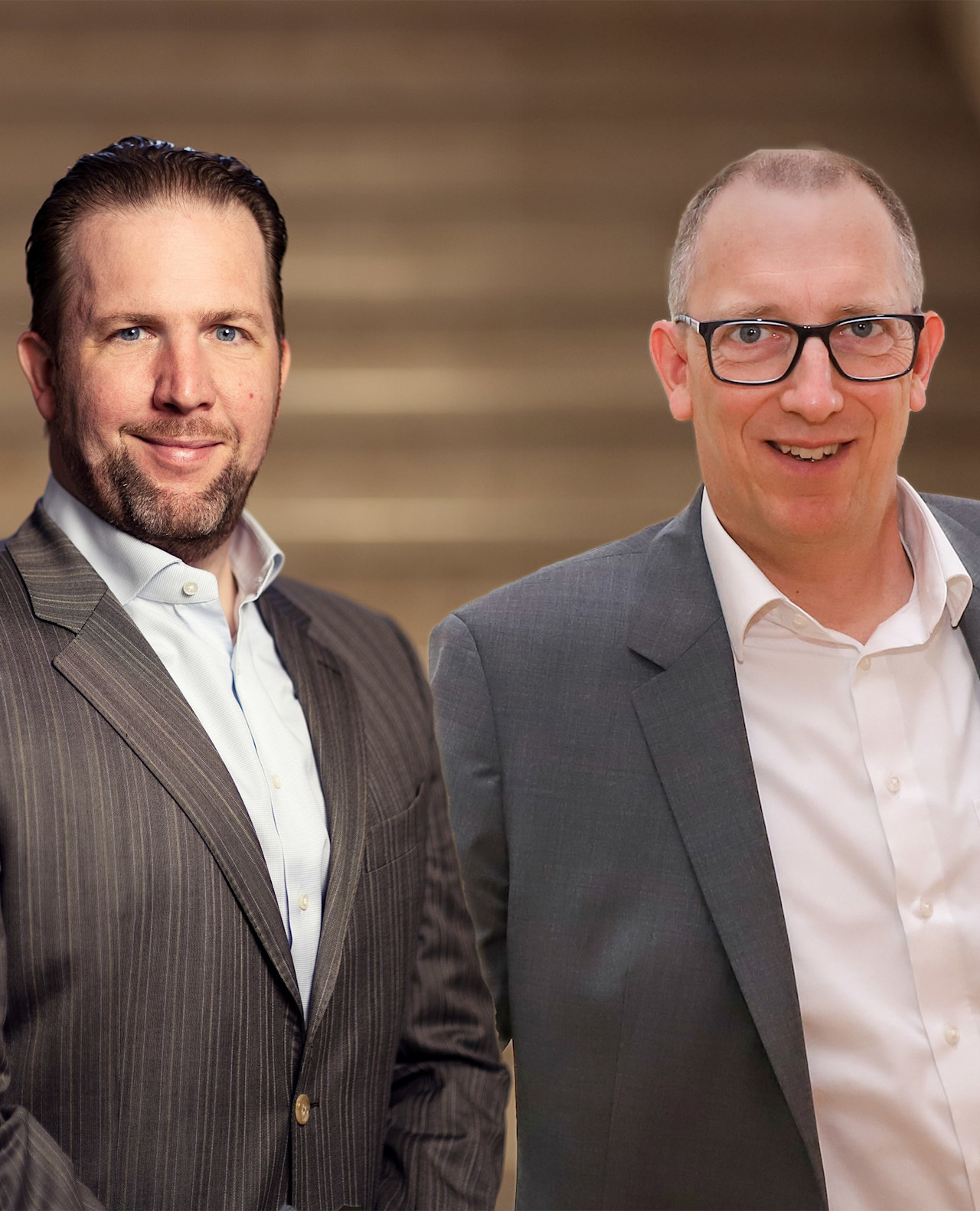

Seven reasons for the rise of retailer Zara
The company Inditex* may not be a well-known name outside Spain, but its flagship brand Zara certainly is. It is famous for selling fashionable clothing. So what are the secrets behind its success and why does Robeco Global Consumer Trends Equities invest in it? Interview with Portfolio Manager Jack Neele.
Low risk of fashion mistakes (risk of stocking the wrong line)
People are attracted to the shop to discover new things
The company can easily cater to local consumer tastes
Better positioned than its competitors
A lot of growth potential in the countries they are already present
Online shopping helps Inditex to grow quickly
Innovative promotion of the brand
Inditex is a Spanish clothing retailer, which operates worldwide. Besides its main brand Zara it operates stores like Pull&Bear, Massimo Dutti and Bershka. The company is based in the coastal city of La Coruña in the northwestern province of Galicia. The founder and CEO of the company, Amancio Ortega Gaona, has a large stake in the company and has become one of the richest people in the world. Although Spain is still struggling economically, Inditex is doing well. Zara clothing is cheaper in their home market and the pain is compensated by successful expansion abroad.
Inditex is a very Spanish company despite its growth in international operations. Lots of clothing is still manufactured in the region of Galicia. “Inditex is a specific Spanish company. That’s where their roots are. Many Spanish people are proud of it, like the Dutch are of Heineken,” says Jack Neele, portfolio manager for Robeco Global Consumer Trends Equities.
Inditex fits in well with the investment philosophy of Global Consumer Trends Equities, says Neele. “We are looking for structural winners and have a preference for companies with strong consumer brands. The defensive Inditex stock provides good diversification with other more growth-oriented stocks in our portfolio.”
Inditex represents around 2% of the total portfolio, which is just outside the top ten holdings of Global Consumer Trends Equities. “The reason it doesn’t have a higher ranking in the portfolio holdings is that the stock is no longer cheap. Because of its strong track record, valuation has risen and the price-earnings ratio is in the low 20s.” He gives seven reasons why the company has been so successful.
(1) Low risk of fashion mistakes
The risk of making fashion mistakes by stocking clothing that customers do not want to buy is small, says Neele. “If you have only a limited number of ranges, then the impact of a fashion mistake is immense. You end up with large write-downs on unsold stock. But for Inditex, fashion risk is very low, because the stock levels of goods in transit are lower. It will just take a few days longer to sell this stock. You do not end up with a huge leftover winter range that you need to sell over the spring period.”
Having factories and suppliers close to their markets allows Inditex to react quickly to any change in consumer buying patterns. However, labor costs are higher than in Asia. “Inditex has production facilities in Spain, Portugal, North Africa and Turkey, which are close to their end market in Europe,” he says.
(2) Always something new
The Zara brand offers many different collections each year that attract increasing numbers of people to the store, says Neele. “The consumer knows that every three weeks there will be something new to discover in the Zara store.” This short cycle is due to the extremely short lead times for design, production and distribution, a concept sometimes referred to as ‘fast fashion’.
In contrast, competitors basically have one collection each season, he adds. “For example, it is difficult for H&M (Hennes and Mauritz) to have more than one collection, because their lead time for distribution is much longer. The reason is that H&M procures mainly in faraway Asia. This is a cheaper part of the world in which to produce, but shipping time to the market in Europe is far longer.”
(3) Easier to react to local consumer tastes
The company can easily cater to local consumer tastes, says Neele. “Store managers have a big influence on what is sold. For example, if a certain type of jeans becomes popular in Rotterdam, then the manager can easily receive more because of short lead times. But if you order additional jeans produced in Asia, then these can be out of stock for a considerable period of time.”
最新のインサイトを受け取る
投資に関する最新情報や専門家の分析を盛り込んだニュースレター(英文)を定期的にお届けします。
(4) Edge on the competition
Inditex is better positioned than its competitors, which allows the company to gain market share, says Neele. “H&M is one of the best companies in the industry, but Inditex is better. Zara sells fashionable clothing at attractive prices. H&M and its rival, Primark, offer lower prices, but have a more basic clothing line, because selling fashionable clothing can be risky: what is in fashion today can quickly be out of fashion tomorrow.”
There are other major competitors. Mango, their Barcelona-based rival, is a successful brand and a big competitor in their home market. But it is not in the same league, he says. “Mango is expanding abroad, but it still lacks the global scale of Inditex.”
(5) Low risk associated with international expansion
Inditex has substantial growth potential in the countries where the company is already represented, says Neele. Entering markets in new countries is the riskiest part in the growth strategy of any major company. “Inditex doesn’t need to do that because they already have a presence in many countries, with relatively few stores.” Its Zara brand has just over 2,000 stores in 88 countries, while H&M has 3,300 stores in 54 countries.
Markets outside Spain should provide more growth, he says. “Future growth will come mainly from the emerging markets and, to a lesser extent, the rest of Europe.”
(6) Online shopping is helping Inditex to grow quickly
While the company was slow in starting up online shopping, it is now rapidly rolling out the concept internationally. They started out in their top six countries three years ago and are steadily increasing their presence. Neele explains how the concept works. “You can order online and pick up the clothing at the store or have it sent to your home.” He adds: “To return items, you need to go to the physical stores or return items by mail and pay for postage. This is an effective policy, because it creates a barrier to returning goods. It differs from online retailers like Zalando, where some customers order six pairs of shoes, try them all on, keep one pair and return five,” he adds. “This shopping behavior is very expensive for online retailers.” Online shopping is especially useful for countries where Inditex has only a small presence. “With online shopping, everyone can buy at Zara even though there isn’t a store nearby,” he says.
(7) Innovative promotion of the brand
Inditex spends very little money on advertising, says Neele. “The stores promote the brand. There aren’t any Zara billboards or commercials around. Instead, Inditex promotes its brand by buying prime real-estate locations and creating stores with an air of luxury.”
Inditex recently bought a building for over USD 300 million on Fifth Avenue in New York to open a Zara store. “This might sound like a crazy amount of money, but it is a pretty smart move. This store functions as a giant billboard for the city’s 50 million annual visitors. Store visitors talk about it to others, and this helps generate worldwide interest in the Zara brand.”
* This publication is intended to provide investors with general information on Robeco’s specific capabilities, but does not constitute a recommendation or an advice to buy or sell certain securities or investment products.
重要事項
当資料は情報提供を目的として、Robeco Institutional Asset Management B.V.が作成した英文資料、もしくはその英文資料をロベコ・ジャパン株式会社が翻訳したものです。資料中の個別の金融商品の売買の勧誘や推奨等を目的とするものではありません。記載された情報は十分信頼できるものであると考えておりますが、その正確性、完全性を保証するものではありません。意見や見通しはあくまで作成日における弊社の判断に基づくものであり、今後予告なしに変更されることがあります。運用状況、市場動向、意見等は、過去の一時点あるいは過去の一定期間についてのものであり、過去の実績は将来の運用成果を保証または示唆するものではありません。また、記載された投資方針・戦略等は全ての投資家の皆様に適合するとは限りません。当資料は法律、税務、会計面での助言の提供を意図するものではありません。 ご契約に際しては、必要に応じ専門家にご相談の上、最終的なご判断はお客様ご自身でなさるようお願い致します。 運用を行う資産の評価額は、組入有価証券等の価格、金融市場の相場や金利等の変動、及び組入有価証券の発行体の財務状況による信用力等の影響を受けて変動します。また、外貨建資産に投資する場合は為替変動の影響も受けます。運用によって生じた損益は、全て投資家の皆様に帰属します。したがって投資元本や一定の運用成果が保証されているものではなく、投資元本を上回る損失を被ることがあります。弊社が行う金融商品取引業に係る手数料または報酬は、締結される契約の種類や契約資産額により異なるため、当資料において記載せず別途ご提示させて頂く場合があります。具体的な手数料または報酬の金額・計算方法につきましては弊社担当者へお問合せください。 当資料及び記載されている情報、商品に関する権利は弊社に帰属します。したがって、弊社の書面による同意なくしてその全部もしくは一部を複製またはその他の方法で配布することはご遠慮ください。 商号等: ロベコ・ジャパン株式会社 金融商品取引業者 関東財務局長(金商)第2780号 加入協会: 一般社団法人 日本投資顧問業協会

























